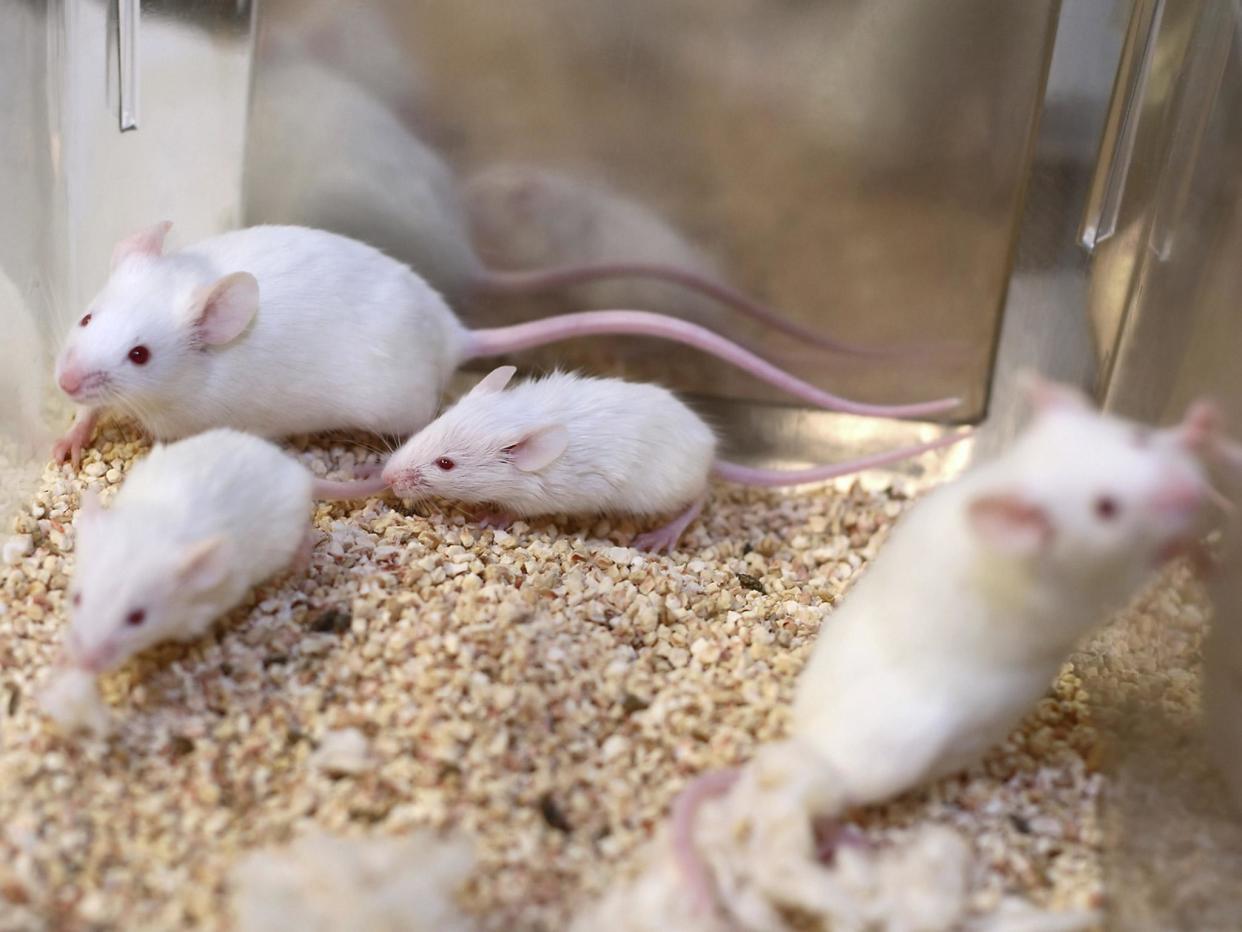Mice genetically modified to prevent addiction to cocaine

Mice have been genetically engineered to prevent them from becoming addicted to cocaine.
Researchers in Canada created mice that produce higher levels of a protein that normally strengthens the connections between brain cells.
They had expected this would make the mice more prone to addiction, but discovered that the opposite was true, according to a paper published in the journal Nature Neuroscience.
Extra levels of the protein, called cadherin, appeared to make it difficult for a brain cell to receive a signal from others nearby so the pleasurable memory of the cocaine did not “stick”.
In the study, normal and GM mice were given injections of cocaine, then put in a compartment with a distinctive type of “wallpaper” within a larger cage.
After several days of receiving cocaine in this way, the mice would associate the drug with the wallpaper.
The two groups of mice were later put into the cage and allowed to move around as they wished.
The normal mice almost always went into the compartment they associated with cocaine, while the GM mice spent about half as much time there.
This, the researchers said, showed they had not developed such strong memories of the drug.
One of the researchers, Professor Shernaz Bamji, of the University of British Columbia, said the discovery could help develop new drugs to treat addiction.
“For normal learning, we need to be able to both weaken and strengthen synapses,” she said.
“That plasticity allows for the pruning of some neural pathways and the formation of others, enabling the brain to adapt and to learn.
“Ideally, we would need to find a molecule that blocks formation of a memory of a drug-induced high, while not interfering with the ability to remember important things.”
Her colleague, graduate student Andrea Globa, added: “Through genetic engineering, we hard-wired in place the synapses in the reward circuits of these mice.
“By preventing the synapses from strengthening, we prevented the mutant mice from ‘learning’ the memory of cocaine, and thus prevented them from becoming addicted.”

 Yahoo News
Yahoo News 
